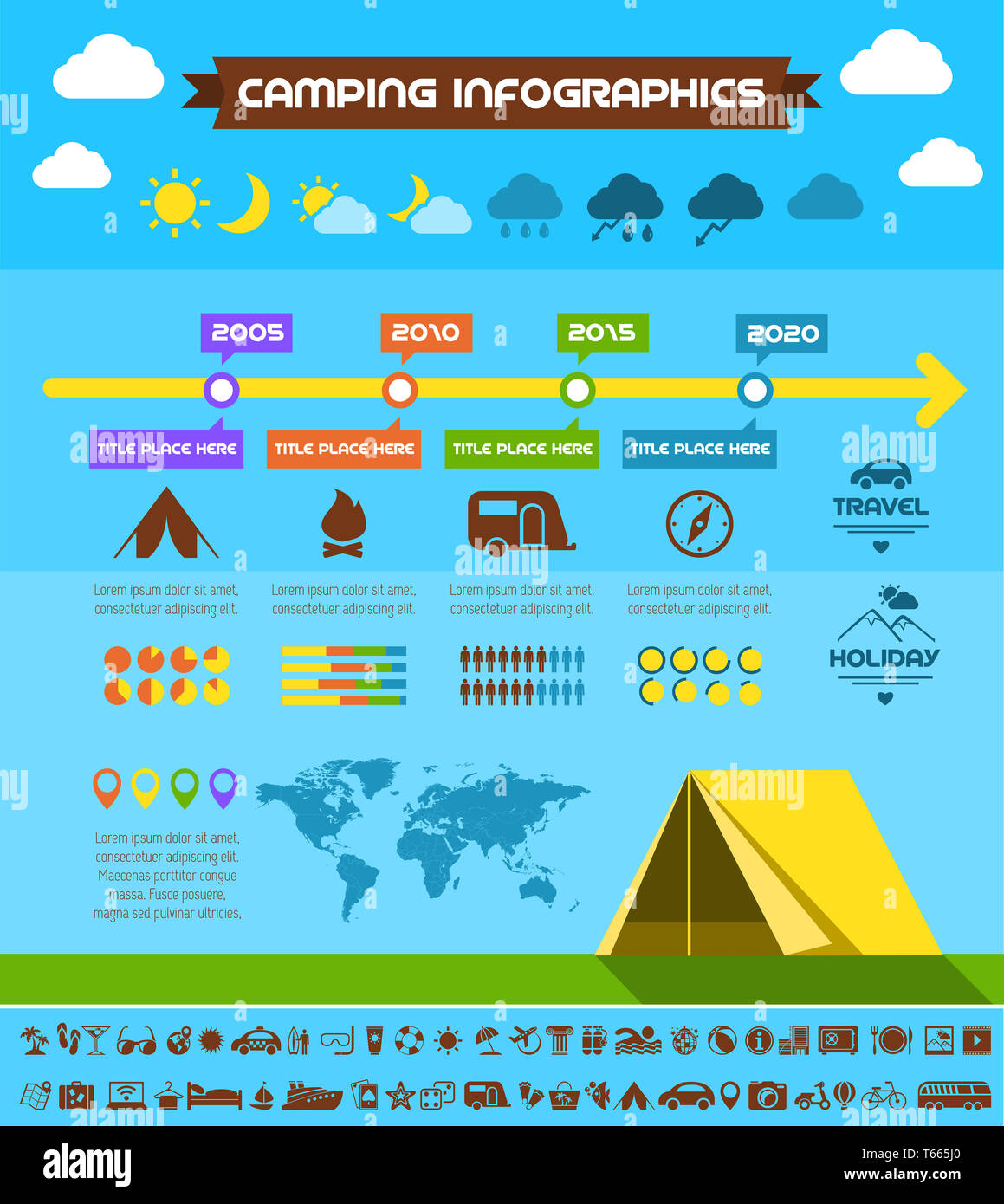Best Practices To Selling Camping Tents And Managing A Lucrative Venture
Best Practices To Selling Camping Tents And Managing A Lucrative Venture
Blog Article
Does Your Backpacking Tent Required an Impact?
If you camp frequently in locations with rocks or sharp downed branches or simply dislike storing a damp, sloppy outdoor tents, after that an impact is certainly worth taking into consideration. Impacts are also relatively economical contrasted to a brand-new tent.
How much is a canvas tent?
Many tent producers use their very own details footprints, which are cut to the specific dimension of the tent floor. Nevertheless, you can make one yourself with a lightweight material like polycryo or tyvek.
Weather
Whether or not you need an impact actually relies on the problems you'll be camping in. If you're backpacking in a place where the ground is usually wet (it's practically unavoidable), a camping tent impact can be a beneficial enhancement to your package, as it will certainly prevent your tent floor from becoming soggy.
However, if the footprint is as well huge it can act as a wetness trap and potentially enable water to pool under your camping tent. This can be avoided by ensuring the footprint is cut a little smaller than your tent on all sides.
Generally speaking, it's best to get an impact from the very same supplier as your outdoor tents to ensure an exact fit. They also tend to be made from thicker, more durable materials than do it yourself alternatives. They can be pricey for something whose single purpose is to protect the ground below your outdoor tents, however it can be a beneficial investment if you appreciate the longevity of your gear.
Surface
Several top quality camping tents can work well without an impact, particularly those that have bathtub floorings made from resilient materials. However, the surface you trek on can have a significant influence on just how promptly your outdoor tents floor wears out. Granite slabs, sandstone and various other sturdy surfaces wear through all-time low of your camping tent quicker than verdant fields or woodland floors.
A footprint or ground cloth aids expand the life of your camping tent by acting as a barrier in between the ground and the sewn-in groundsheet of your camping tent, states REI senior sales professional Elizabeth Nguyen. It likewise safeguards the outdoor tents from unpleasant aspects like sharp twigs and rugged rocks that might puncture or tear the sewn-in flooring. When picking a footprint for your tent, it's important to guarantee it's somewhat smaller than the tent on all sides. This protects against water from merging between the tent and impact throughout a rainstorm, which might seep right into your tent. The best choice for a footprint is to purchase one created for your particular tent, which will certainly ensure a snug fit.
Outdoors Tents with Lower Deniers and Waterproof Rankings
Whether you're a casual backpacker or a hardcore traveler, the toughness level of your outdoor tents is a crucial consideration. Outdoors tents created to be ultralight, verging on minimalist, commonly trade off some degree of longevity in the material and materials made use of.
One fabric specification you'll come across is denier, which refers to the weight in grams of a 9,000-meter size of yarn that composes the tent's cover, rainfly, and/or floor. A greater denier spec indicates much more rugged materials, while reduced numbers suggest lighter and less long lasting materials.
Various other specs to consider include flooring dimensions, vestibule size, and interior pockets. The previous shows the overall square-footage that can be utilized for livable area, while the latter can contribute in storage by supplying a place to tuck away gear over night and in bad weather. Ventilation is additionally an important variable; as you exhale dampness during rest, it needs to run away, or condensation may accumulate within. Features such as mesh home windows and panels and adjustable rainfly doors assist increase air flow and stop this from occurring.
The Price
The cost of a camping tent can influence its performance, and it is additionally essential to consider how much you can manage to spend. Backpackers seeking a light-weight shelter must aim for a camping tent with a livability ranking of a minimum of 2 stars, and ideally, three or even more.
Livability describes how roomy a camping tent feels, with headroom and flooring dimensions playing a huge duty. Historically, backpacking tents made use of steeply sloped walls and very little room to save weight, yet modern-day materials enable developers to offer even more convenience while keeping weight low.
Storage space is one more variable to consider, with vestibules and a quick-pitching style helping reduce setup time. Furthermore, the sort of fabric covering and just how the tent is kept can impact long life. For example, a PU finishing that breaks tent manufacturers usa down quicker when wet, or goes through duplicated cycles of storing and un-stowing, can considerably shorten the life expectancy of a camping tent. In a similar way, using a custom-made impact rather than packing a camping tent in a slipshod fashion will also prolong its life-span.
How do I keep my tent cool?
